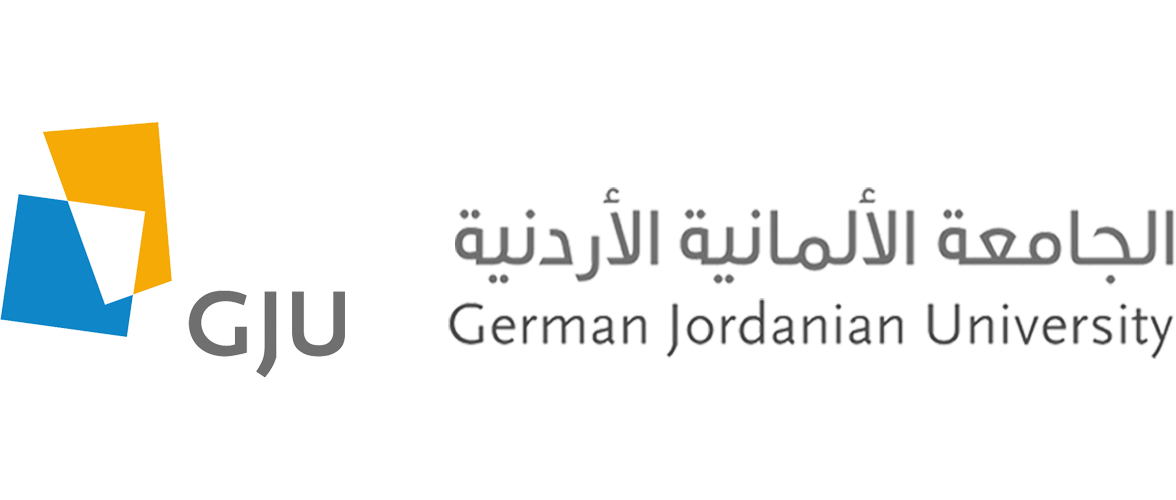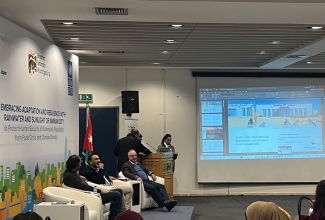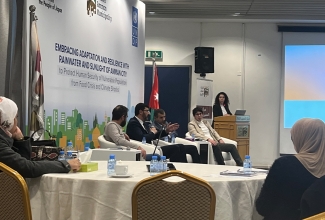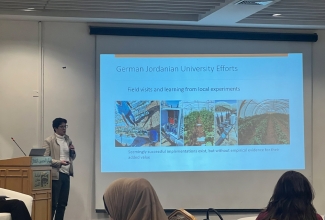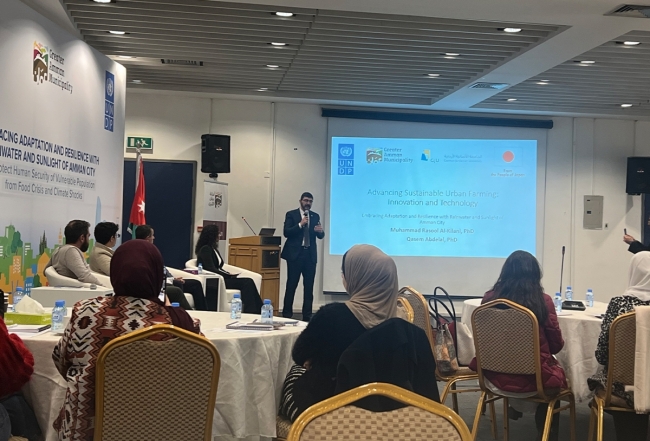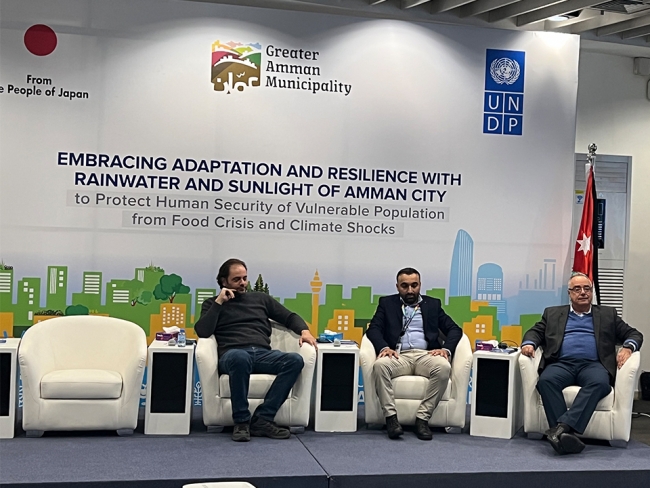 On December 14, 2023, the Science Day for Sustainable Urban Farming and Food Security took place, featuring Prof. Nizar Abu-Jaber, the Director of the Center for the Study of Natural and Cultural Heritage at the German Jordanian University (GJU). Prof. Abu-Jaber was part of the GJU team participating in this event, organized by the United Nations Development Programme (UNDP) in collaboration with the Greater Amman Municipality (GAM) and the German Jordanian University (GJU) and funded by JICA.
On December 14, 2023, the Science Day for Sustainable Urban Farming and Food Security took place, featuring Prof. Nizar Abu-Jaber, the Director of the Center for the Study of Natural and Cultural Heritage at the German Jordanian University (GJU). Prof. Abu-Jaber was part of the GJU team participating in this event, organized by the United Nations Development Programme (UNDP) in collaboration with the Greater Amman Municipality (GAM) and the German Jordanian University (GJU) and funded by JICA.
The Science Day was an integral component of the "Embracing Adaptation and Resilience with Rainwater and Sunlight of Amman City" project, focusing on enhancing urban adaptation and resilience to safeguard vulnerable populations from food crises and climate shocks in Amman, Jordan. The project underscored the vital role of rainwater harvesting and solar energy utilization in constructing sustainable food systems and mitigating the impacts of climate change.
The primary objectives of the Science Day were:
- Enhancing Understanding of Food Security in National and Global Context
- Exploring Opportunities and Addressing Challenges in Urban Farming
- Promoting Efficient Land Management Practices in Urban Farming
- Implementing Sustainable Water Management in Urban Agriculture
- Fostering Community Involvement and Ensuring Gender Equality
- Advocating Supportive Policy Instruments for Urban Farming
- Emphasizing the Role of Scientific Research in Urban Farming
- Promoting Innovation and Technology Adoption in Urban Agriculture
Representing GJU, Prof. Dr. Nizar Abu-Jaber, Dr. Qasem Abdelal (Dean of the School of Natural Resources Engineering and Management), and Dr. Mohammad Kilani actively participated as speakers and moderators. The team delivered two lectures: "Land Management" by Prof. Dr. Nizar Abu-Jaber and "Innovation and Technology" by Dr. Qasem Abdelal and Dr. Mohammad Kilani.
The targeted participants included staff members from UNDP and GAM, researchers, and students from GJU and other universities, as well as representatives from academic institutions and research centers.
For more information, you can visit the CSNACH Website, join the CSNACH Facebook Group, or follow the CSNACH LinkedIn Page.
